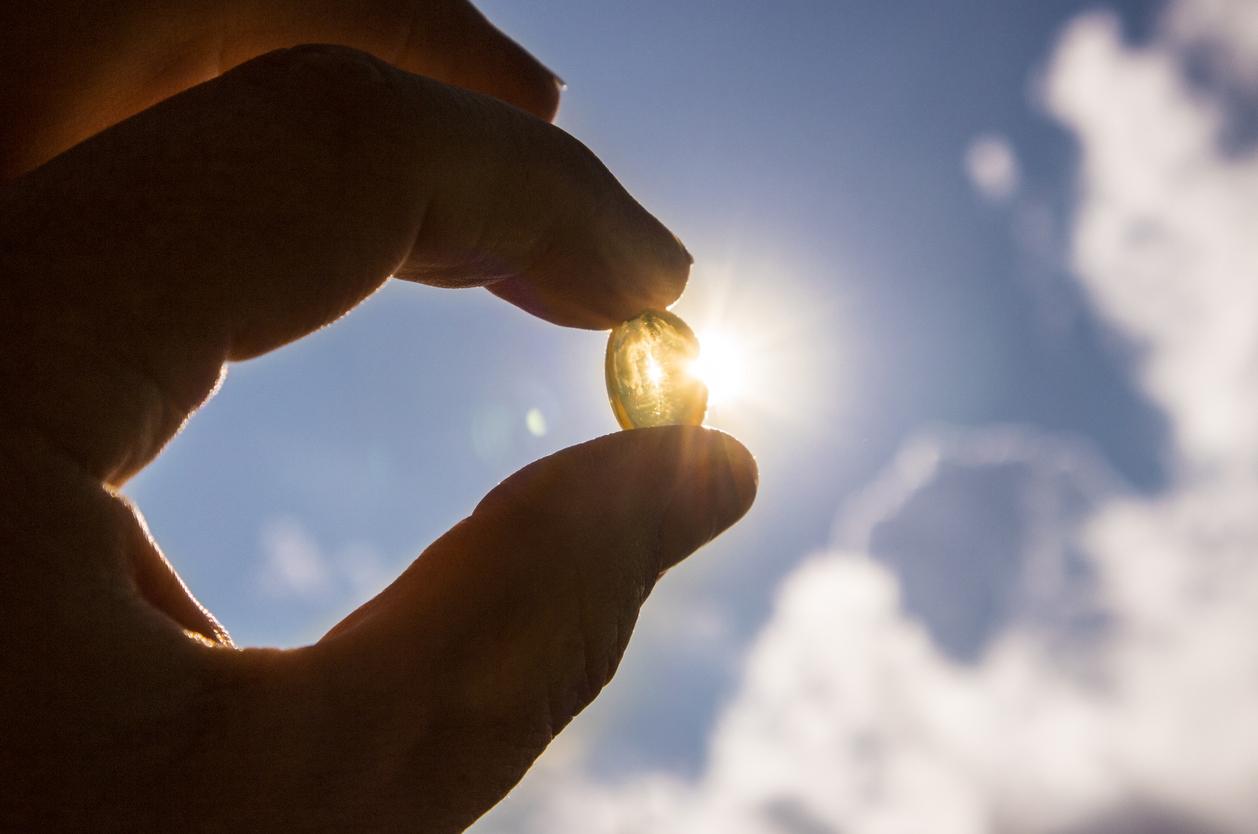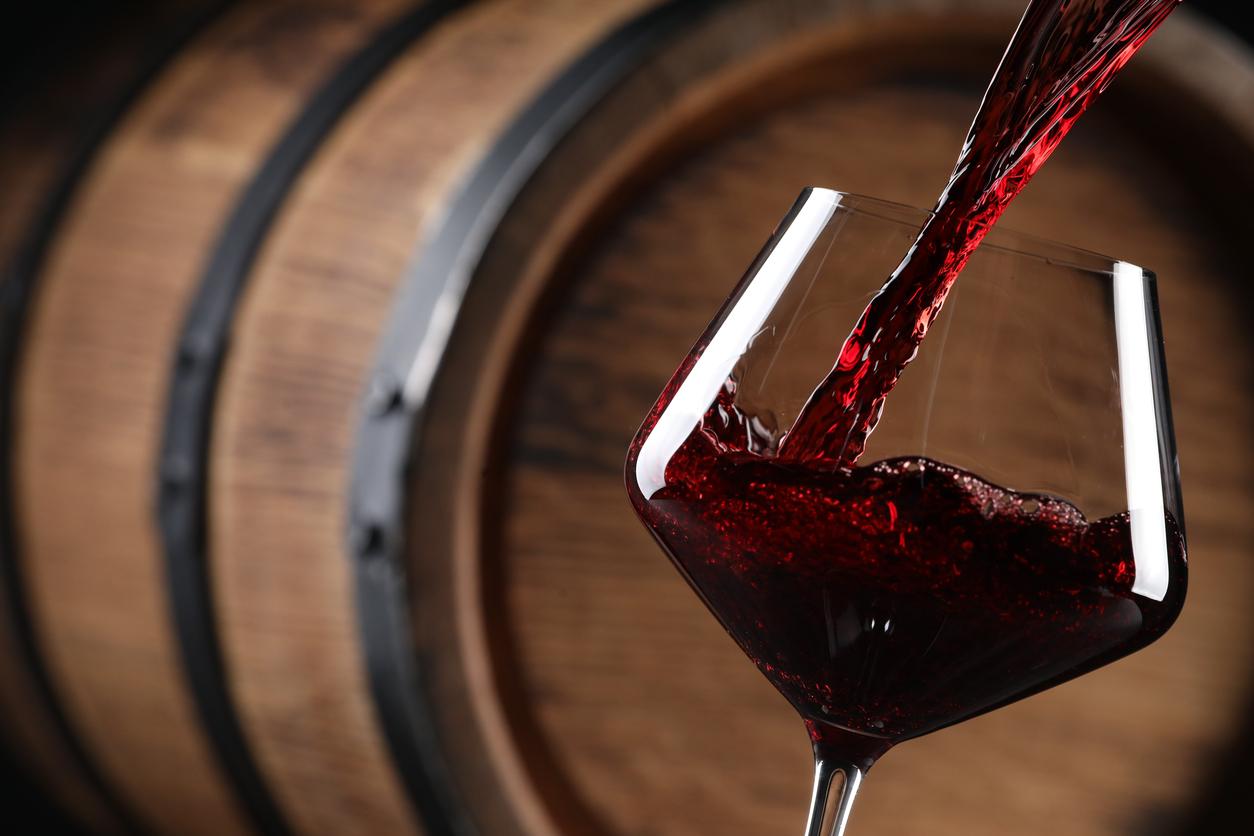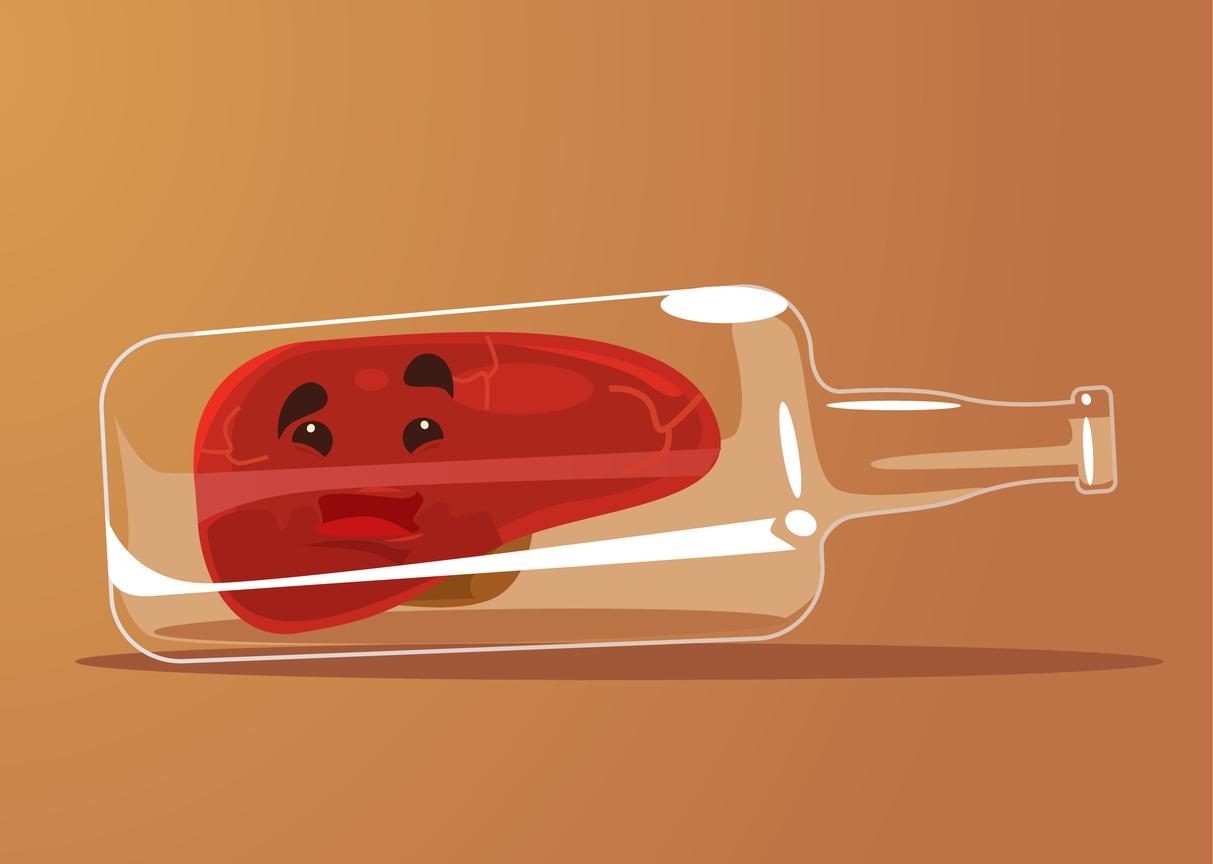Addicted to sport, addicted to alcohol? A question which may seem surprising but which questions researchers at the Foundation for Research in Alcoholology. The 2016 observatory “The French and alcohol” shows that people addicted to sport have three times more problems with alcohol than regular non-pathological athletes. More than 2,000 people aged 18 and over responded to an online questionnaire on their sport and alcohol consumption.
Healthy or pathological practices?
As a result, one in two people exercise “regularly”, on average 4 hours per week. Typical profile of a healthy athlete: a man, young and active. But practiced in high doses, sport can become addictive: 5% of those polled correspond to a diagnosis of sports addiction, or bigorexia, according to the Exercise Addiction Inventory test.
Massive consumption, in risky situations, seeking comfort or even dependence, alcohol is a problem in 15% of cases, all people combined.
Comorbid addictions
In regular athletes, alcohol consumption is more frequent than in non-athletes (at least once a week), but it is only problematic in 4% of cases. To be compared with 11%, or nearly 3 times more, among addicted athletes. For Professor Philip Gorwood, Chairman of the Scientific Committee of the Foundation for Alcohol Research, “addictions are extraordinarily comorbid, that is to say easily associated”. Alcohol and sport being hardly compatible, the researchers hypothesize that the problems are linked to rapid and massive alcoholizations of the “binge-drinking” type. One more risk to watch out for for athletes whose practice borders on or even reaches addiction.
To read also
Baclofen: it reduces alcohol dependence without working miracles
Cannabis addiction would promote alcohol dependence
Alcohol: what is drinking a little too much?


















